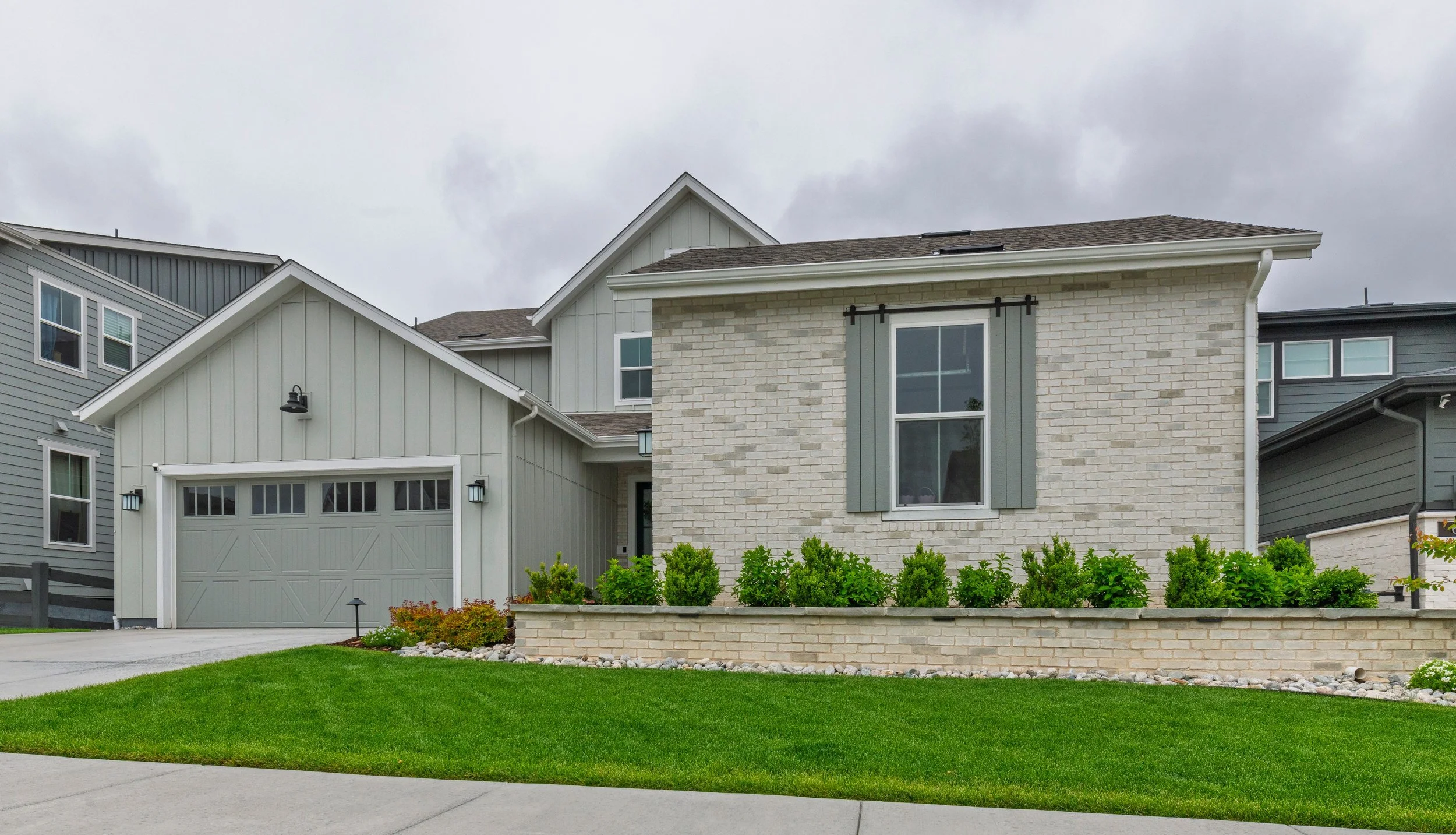What Most Homeowners Skip When Winterizing Irrigation Systems in Denver
As cooler evenings settle over Colorado’s Front Range, homeowners start preparing their landscapes for the off-season. Most try to do the right thing, they shut off their irrigation controller and drain a few sprinkler lines. But even one missed step can quietly undo all that effort. In the Mile High City and across surrounding counties, fluctuating fall temperatures can trap water inside pipes and valves. That hidden moisture often cracks or leaks before spring even arrives. This guide explains the steps most people skip and how to make sure your irrigation systems in Denver stay protected and ready to perform next year.
1. Shut Off and Drain the System Completely
Close your system’s main shut-off valve first. Then release any remaining water from each zone. If your setup has automatic drains, make sure they work. For systems that need manual draining, a professional blow-out clears the last traces of water safely. Homeowners in Arapahoe and Jefferson County often skip this full drain. It may seem small, but releasing that hidden pressure keeps your irrigation systems in Denver stable and leak-free when watering season returns. Our winterizing guide explains how to prep each zone safely and thoroughly.
2. Protect Valves, Backflow Preventers, and Exposed Components
Once the system is dry, protect what is above ground. Insulate exposed valves and backflow assemblies with foam sleeves or covers. These small layers help stabilize temperatures and prevent early failure. Denver Water notes that backflow preventers often fail first when exposed to cold air. A few minutes spent on insulating components keeps them protected and saves hundreds on replacements across the Greater Denver Region.
3. Sprinkler Winterization and System Calibration
Sprinkler winterization prepares your system for downtime. Switch your controller to “off” or “rain mode” so it does not trigger watering cycles during cold nights. If you use a smart controller, review automation settings and sensor accuracy. This off-season pause is the perfect moment to evaluate performance. Do some areas stay soggy while others dry out? Professional irrigation design services can balance water flow and improve efficiency before spring startup. Regular maintenance keeps irrigation systems in Denver optimized, preventing uneven watering and wasted water throughout the growing season.
4. A Professional Blow-Out and Backflow Check
Many people stop at shutting off the water, but that leaves risk below ground. Water trapped in lines expands as soil cools down, straining joints, valves, and fittings. A professional blow-out removes that water completely. Our experts use commercial air compressors with controlled pressure to clean every section safely. During the visit, we inspect backflow devices and confirm that no zones stay under pressure.
This is the step most homeowners overlook, yet it is the one that saves the system from the most expensive damage. Scheduling a professional blow-out now keeps your irrigation systems in Denver ready for spring across Douglas County, and the entire Front Range.
Keep Your Irrigation System Protected and Ready for Spring
Winterization goes beyond routine maintenance. It protects your landscape investment for the long haul. A properly prepared irrigation system means fewer leaks, healthier lawns, and a seamless start when Colorado’s blooming season returns.
Want your landscape to wake up strong next spring? Let’s make sure your irrigation system is ready. Book your winterization visit with Enviroscapes today.

